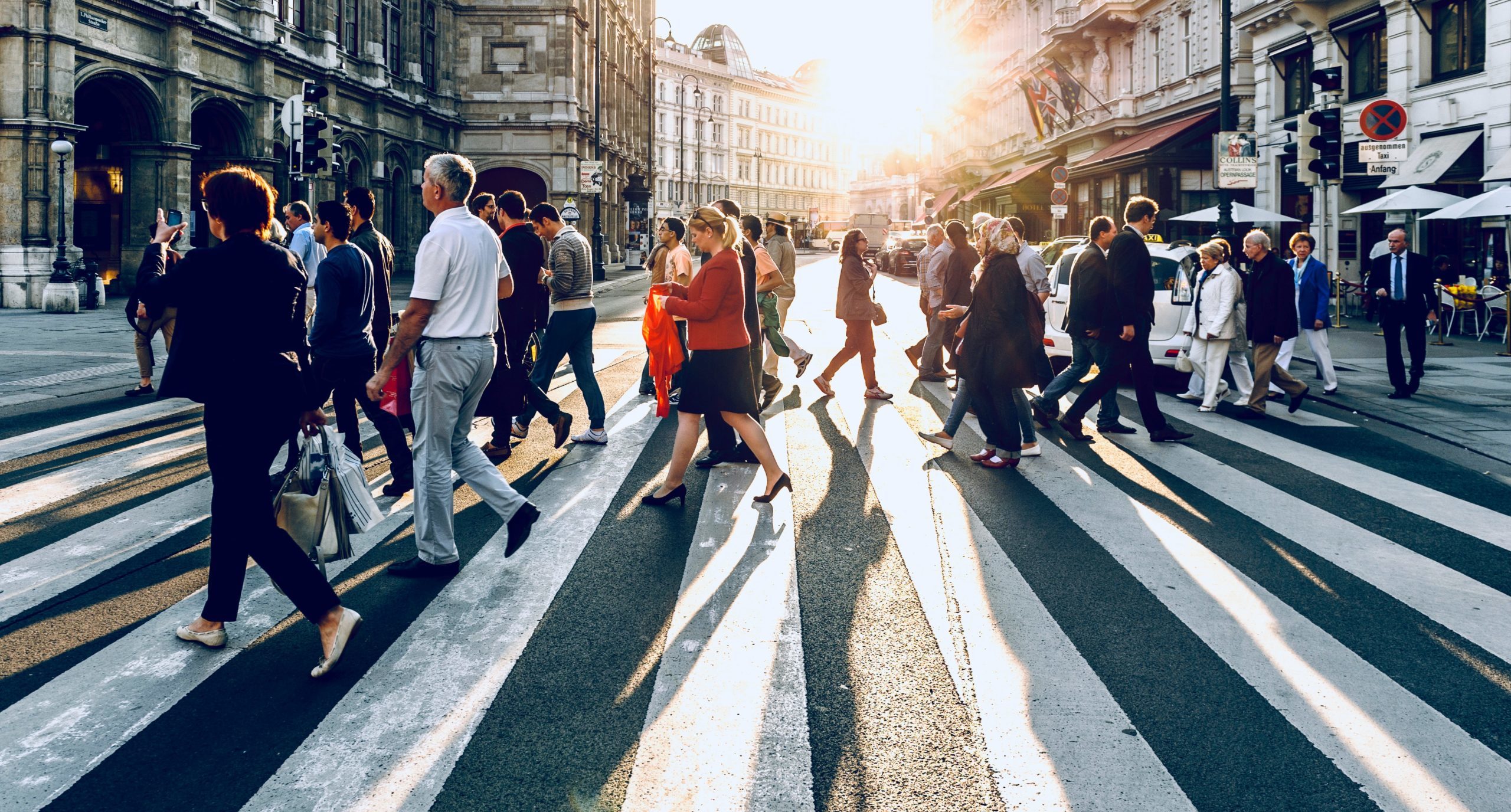Our nation feels as or more divided as at the time of the Civil War. That is one of the many findings of a new poll regarding Americans’ sense of safety commissioned by the Global Project Against Hate and Extremism from Edge Research. Mass shootings, political and racial divisions, and extremist rhetoric and violence are all taking their toll on Americans’ sense of security, causing more than half of Americans to be afraid to go about their daily lives.
Most significantly, these fears are causing Americans to be wary of involvement in the democratic process, including voting, as many now worry their polling places are unsafe. Young people as well as Black and Hispanic people feel the most afraid to participate.
WHAT THE POLL TELLS US
Americans’ sense of unease, fueled by both violence and social division, leaves the majority experiencing some level of fear about the potential actions of others in day-to-day life, from racial and political intimidation to outright violence. Not a single place asked about — the grocery store, restaurants, concerts, houses of worship, polling places, and more — was rated as a place that Americans feel “completely or very safe.”
To be expected, people rank general crime as their biggest concern at 76%. But an astonishing 74% fear mass shootings. Black and Hispanic people ranked mass shootings at 82% and 81% respectively.
This fear of violence and racial and political division drives fear of participating in our democratic process. Only 41% of people feel safe at their polling place. That number decreases significantly for Black and Hispanic people with only 28% and 37% respectively feeling safe at the polls. This lack of feeling safe is a critical problem given that polling places are the key to a thriving democracy.
Only 28% of Black and 37% of Hispanic people feel safe at their polling place. This lack of feeling safe is a critical problem given that polling places are the key to a thriving democracy.
People say they’re afraid of a number of events potentially occurring at the polls, and overall, 63% reported being afraid of at least one of these things: attacks, harassment, and intimidation; groups like the Proud Boys showing up; other voters carrying guns; election fraud; and politically motivated election workers. The potential for voter intimidation and harassment are of grave concern among 27% of the respondents, as is voter suppression, with 27% expressing worry that people will not be allowed to cast a ballot. These numbers are even higher among the groups who have historically experienced harassment and disenfranchisement, with 45% of Black people and 37% of Hispanic people being very worried about harassment and 40% and 37% respectively worried about being denied the ability to cast a ballot. Without question, this amounts to another form of voter suppression in historically disenfranchised communities.
But these fears extend beyond the polls and into other aspects of democratic participation. Four in ten Americans are nervous to attend political rallies or marches, and more than a third, 35%, are nervous to show support for a candidate with a yard or window sign. Additionally, a clearly dangerous signal of fundamental participation emerged in the poll results — just over one in 10 (13%) feel nervous to vote and the number grows to 23% among young people and 18% among Black and Hispanic people.
Another concern is the expansion of extremist activity from groups like the Proud Boys and Oath Keepers, leaders in the Jan. 6 insurrection, from demonstrations and rallies to the polling place. Twenty-eight percent are very worried about organized groups like the Proud Boys showing up to act as poll watchers, but those numbers rise to 40% and 37% for Black and Hispanic people respectively.
HOW AMERICANS WOULD RESPOND TO INTIMIDATION
One of the most concerning findings is what people would do if faced with one of the things they feared like intimidation or harassment at the polls. Half of Americans said they would report to the police and 45% said they would notify election officials, but only 29% would speak up in the moment. A full 17% of Americans said they would leave without voting. Worse, young people (26%), Black (25%), and Hispanic (24%) people responded that they would leave without voting. And about a third would warn others not to go to that particular polling place, potentially resulting in fewer Americans exercising their right to vote.
This polling data illustrates multiple threats to democracy. In an environment where white supremacist groups like the Proud Boys are showing up at town halls, campaign rallies, and school board meetings, where people are carrying their AR-15s into campaign events, guns are ubiquitous, and where politicians are pushing divisive narratives, it’s no wonder that people are expressing fear about voting and participating in the democratic process. The polling data also suggests at least one solution that would calm people’s fears. Since the 2022 Supreme Court ruling on individuals’ ability to carry guns, state gun laws have been upended, allowing more people to arm themselves in public, and that includes people who are willing to carry firearms into polling places. The data shows that fear of others carrying weapons ranked highest among young people (46%), Black (50%), and Hispanic (45%) people.
Since the court ruling allowed that firearms could be restricted in “sensitive places,” of which polling places would surely qualify, all states should declare polling places as gun-free zones and alleviate people’s apprehensions about potential violence on Election Day. As a nation, our aim should be to inculcate safety and security into our democratic process and encourage people to exercise their rights.
Wendy Via is the co-founder and CEO of the Global Project Against Hate and Extremism, an organization committed to exposing and countering racism, bigotry, and hatred; and to promoting human rights values that support flourishing, inclusive societies, and democracies.





















